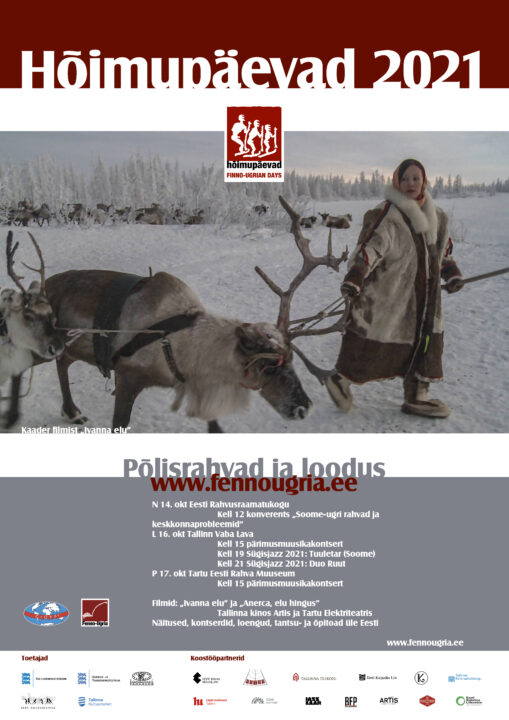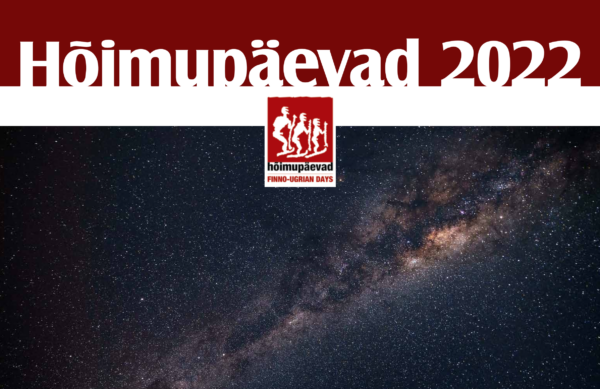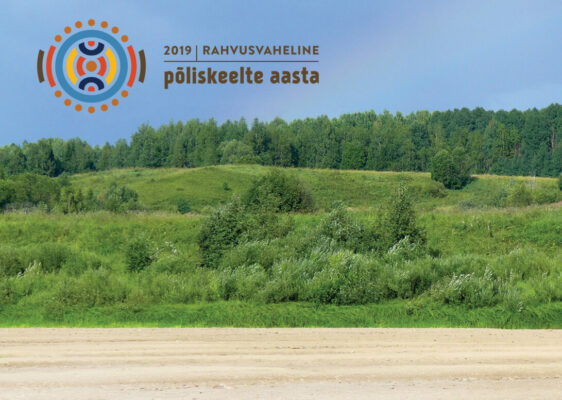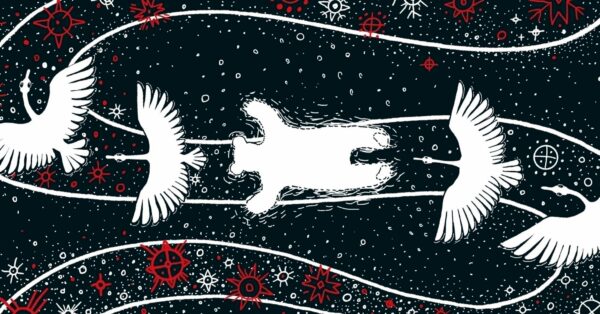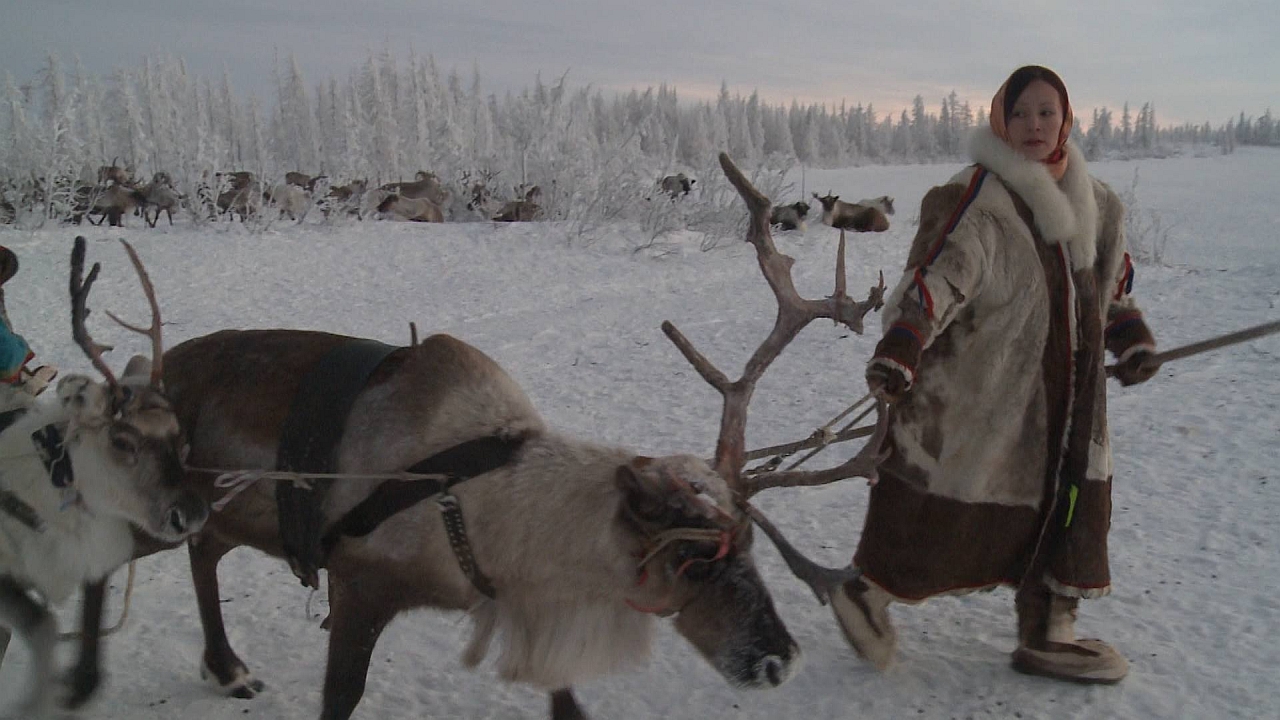
Finno-Ugrian Days 2021
This year's main theme is "Indigenous Peoples and Nature"
This year's main theme is "Indigenous Peoples and Nature" Finno-Ugrian Days belong to the list of CIOFF festivals.
Supporters:
Estonian Cultural Endowment, Kindred Peoples´ Programme of Ministry of Education and Science, Tallinn culture board, City of Tartu, The Hungarian Institute/Balassi Institute, NKA.
Partners:
Estonian National Museum, Estonian Folklore Council, Institute of Estonian Language, Estonian Writers´ Union, Chamber Musicians, Estonian Traditional Music Center
Finno-Ugrian Days, which have been celebrated since 1928, have developed into one of the most important series of events that acquaint the wider public with Finno-Ugric peoples and strengthens the ties between them.
According to a decision made by the 4th Finno-Ugric Cultural Congress in Helsinki in 1931, Finno-Ugrian Days are held annually on the third weekend of October in Estonia, Finland, and Hungary. Over the last few years, Finno-Ugric events have also been organized at this time in Russia’s Finno-Ugric regions.
In February 2011, the Riigikogu (Estonian parliament) approved a bill that deemed Finno-Ugrian Day a national day to be marked on the third Saturday of October. The Estonian flag is to be flown on that day.
In Estonia, one can attend concerts of Finno-Ugric music, films and literary events as part of the Finno-Ugrian Days organized by NGO Fenno-Ugria. Many musicians, writers, artists, and other guests from Russia’s Finno-Ugric areas, as well as from Finland and Hungary visit these events.
The main events of Finno-Ugrian Days are traditionally held in Tallinn and Tartu, but Finno-Ugric performers travel all across Estonia during this week of October, visiting schools and local cultural centers.
The aim of Finno-Ugrian Days is cultural and educational cooperation between Estonia, Finland, Hungary and Finno-Ugric peoples living in Russia. As well as to introduce kindred peoples of the wider audience to each other and to strengthen cultural self-awareness.
The Finno-Ugric Days of the recent years have concentrated on morally supporting the Finno-Ugric peoples living on Russian territory, so that their languages and cultures do not disappear because of russification or globalization.
We have invited all cultural organizations, schools and NGOs to think about how we can all devout one little action in our autumns for the introduction of kindred peoples. There are many opportunities for doing so: organizing concerts, exhibitions or meetings, introducing literature, or carrying out specific school lessons, etc.
We hope that Finno-Ugric Days will be a memorable event that enlarges our understanding of other Finno-Ugric peoples and deepens people’s interest towards the topic of cultural heritage.
